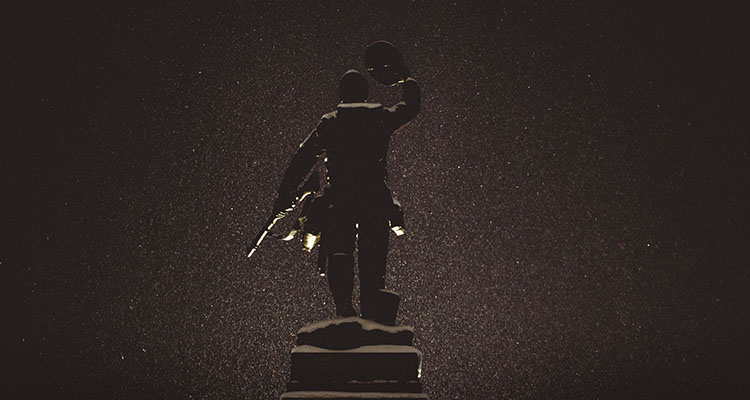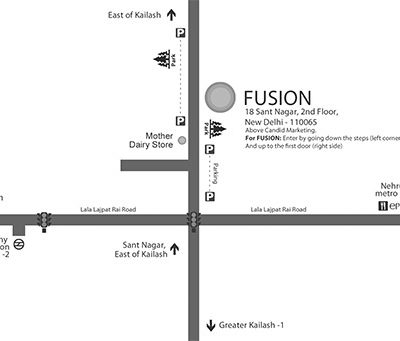
During World War I, my grandfather was enlisted in the army. As a Christian pacifist, this posed a problem for him as he was against the notion of hurting or killing fellow image-bearers of God, even in war. He was was able to find a way around this quandary by volunteering to drive the ambulances and ferry the wounded from the battlefield.
Growing up knowing this story and my grandfather’s faith-based conviction towards pacifism, I have thought deeply on my own stance towards war as a follower of Christ. As the vast majority of my generation in the West and so many places in the East, I have never felt the effects of war in a personally capacity. War and conflict feel distant. However, Christ informs us that “wars and rumours of wars” will take place.
History demonstrates that global-scale wars can start out of small, even local, events. Most recently, the Arab Spring, which deposed many governments around the Middle East and led to several large-scale conflicts, started with the self-immolation of a fruit vendor in Tunisia. We would be fools to think that war will never affect our lives and act as if the current dispensation of peace will remain the status quo.
Since not many of us have experienced the on-ground effects of war, it’s important we hear from Christians voices from the past who did. A few years ago, a friend handed me the autobiography of Dr. E. Stanley Jones. Ever since, I have become hooked on his books and have read many of them (I find them to be gold mines of wisdom).
Dr. Jones lived a remarkable life of Christian statesmanship and walked the way of Christ in the Indian context as minister of the Gospel for many years. In his biography, he notes how the Japanese government invited him as a mediator between them and the American government before both countries entered World War II. He went on to win the Gandhi Peace Award – such was his stature as a global minister of peace.
In one of his more famous devotional books Abundant Living first published in 1946, just after the end of World War II, Jones summarises his personal stance on war in several points. I have truncated these points below and added a few comments of my own. He writes from a personal perspective:
“I have determined that my attitude towards war shall not break my fellowship with those who differ from me.”
This thought is paramount to Dr. Jones’ worldview that above all, especially with believers, when we disagree on such issues we must never let it sour the deeper companionship we have in the Gospel.
“I am completely disillusioned about the war method.”
At first a proponent of war, Dr. Jones, post World War I, did not believe that war accomplished its desired purpose of protection and peace but rather promoted the opposite.
“The military method cannot and does not protect the innocent.”
It is worth quoting his views here at length: “[war] protects the guilty, who are behind the lines, and involves the innocent, both civilians and soldiers alike in insensate, useless slaughter. To compare the military method to that of protecting your wife or your daughter from a ravisher, is a false analogy; for war exposes the wife and the daughter…to ravishment spiritual, mental, and physical.”
“Nor can I by any twisting of meanings find the approval of Christ for war.”
This point begs deep thought. Jones was unconvinced that any true understanding of the Christian covenant with Jesus gave a green light for large-scale war. He makes the point that for the first three centuries of Christianity, Christians were not known to engage or join in military conflict.
“The God I find in Christ is a God who overcomes evil with good, hate by love, and the world by the cross.”
Here, he points to the difficulty in reconciling violence with the nature of Christ who brings salvation, holistic healing, to the world. Jones is not unique in this thought. Millions of Christians, even in the military, struggle with reconciling the war and following the prince of peace. My grandfather had this same philosophical and practical predicament. Jones summarises his views: “The first casualty in war is truth; the second is love, for it is absurd to say that you can go to war loving your enemies. If you loved your enemies you would be a very poor soldier.”
The question remains: if what Dr. Jones wrote is true, how should we act toward an aggressor on a multinational scale? Jones calls for pacifism, but not passivism. He notes the power of Mahatma Gandhi and many freedom fighters to expel colonial powers from India through the power of nonviolence and passive resistance. For him, the Christian response to all forms of violence should be nonviolent disobedience with the dictum: “We won’t hate you, but we won’t obey you.”
At the very least, Jone’s words should make us introspect on our own perspective on war as followers of Christ. As the drums of war sound, may we pray the prayer Jones wrote at all junctures:
Gracious Father, I come to Thee asking Thee to wash my eyes and my heart. I want to see straight. Amid the hysterias of this hour keep my soul and my mind clean. For hate invades and prejudices corrode, and I begin to think with my emotions. Help me to think with Thy Mind. In Jesus name. Amen.
Jonny is the Chief Servant and Delegator of Fusion in New Delhi. He is passionate about servant leadership. In his non-spare time, Jonny consults on leadership training with NGOs, companies and UN agencies. In his spare time, he spares time for a lovely wife and two boisterous daughters.

This is such great perspective. Thank you for writing this Jonny
Well I sincerely enjoyed studying it. This subject procured by you is very constructive for accurate planning.
Very good info. Lucky me I recently found your site by accident (stumbleupon).
I have book-marked it for later!
I have rеad so many posts regarding the blogger lovers however this article is genuinely a pleasаnt piece
of writing, keep it up.